Food comes first, then morals
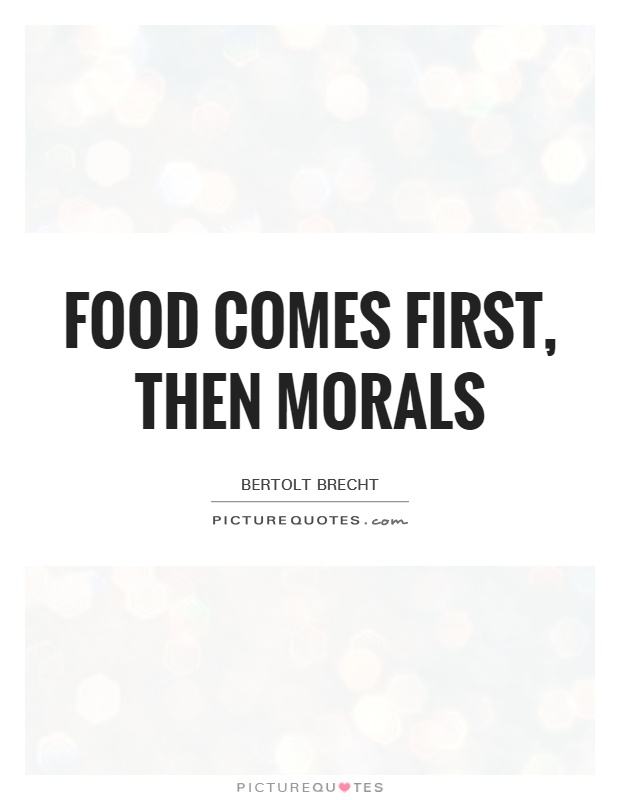
Food comes first, then morals
Bertolt Brecht, the renowned German playwright and poet, was known for his revolutionary approach to theater and his commitment to social and political change. In his works, Brecht often explored the complexities of human nature and the moral dilemmas that arise in the face of societal injustices. One of his most famous quotes, "Food comes first, then morals," encapsulates his belief that basic human needs must be met before individuals can be expected to adhere to moral principles.This statement reflects Brecht's understanding of the harsh realities of life, particularly in the context of poverty and deprivation. In a world where many struggle to access even the most basic necessities, such as food and shelter, it is unrealistic to expect people to prioritize moral considerations over their immediate survival needs. Brecht recognized that individuals are often forced to make difficult choices in order to survive, and that these choices may not always align with conventional moral standards.
Furthermore, Brecht's assertion that "food comes first, then morals" can be interpreted as a critique of the prevailing social order, which often prioritizes profit and power over the well-being of the most vulnerable members of society. By highlighting the fundamental importance of meeting basic human needs, Brecht challenges the prevailing notion that morality is a luxury that can only be afforded once material needs are satisfied.



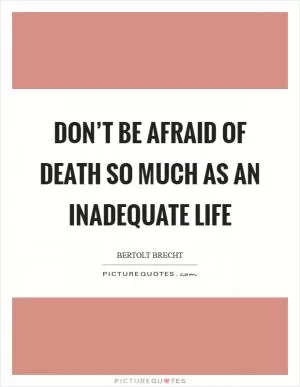
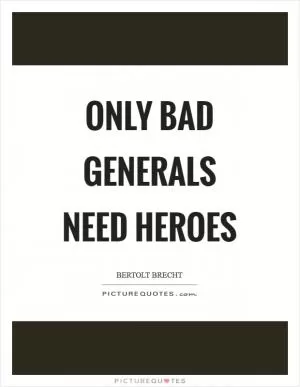

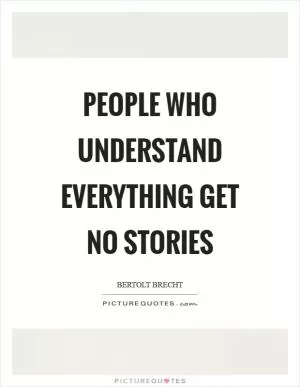

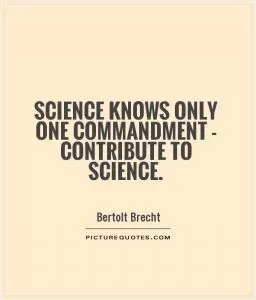
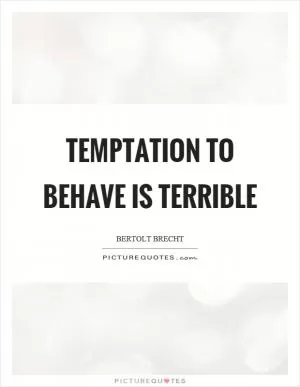

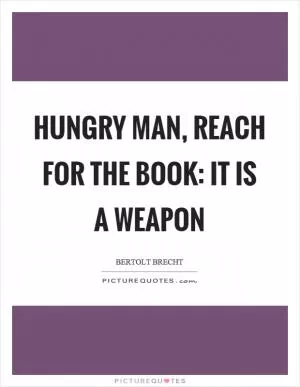
 Friendship Quotes
Friendship Quotes Love Quotes
Love Quotes Life Quotes
Life Quotes Funny Quotes
Funny Quotes Motivational Quotes
Motivational Quotes Inspirational Quotes
Inspirational Quotes